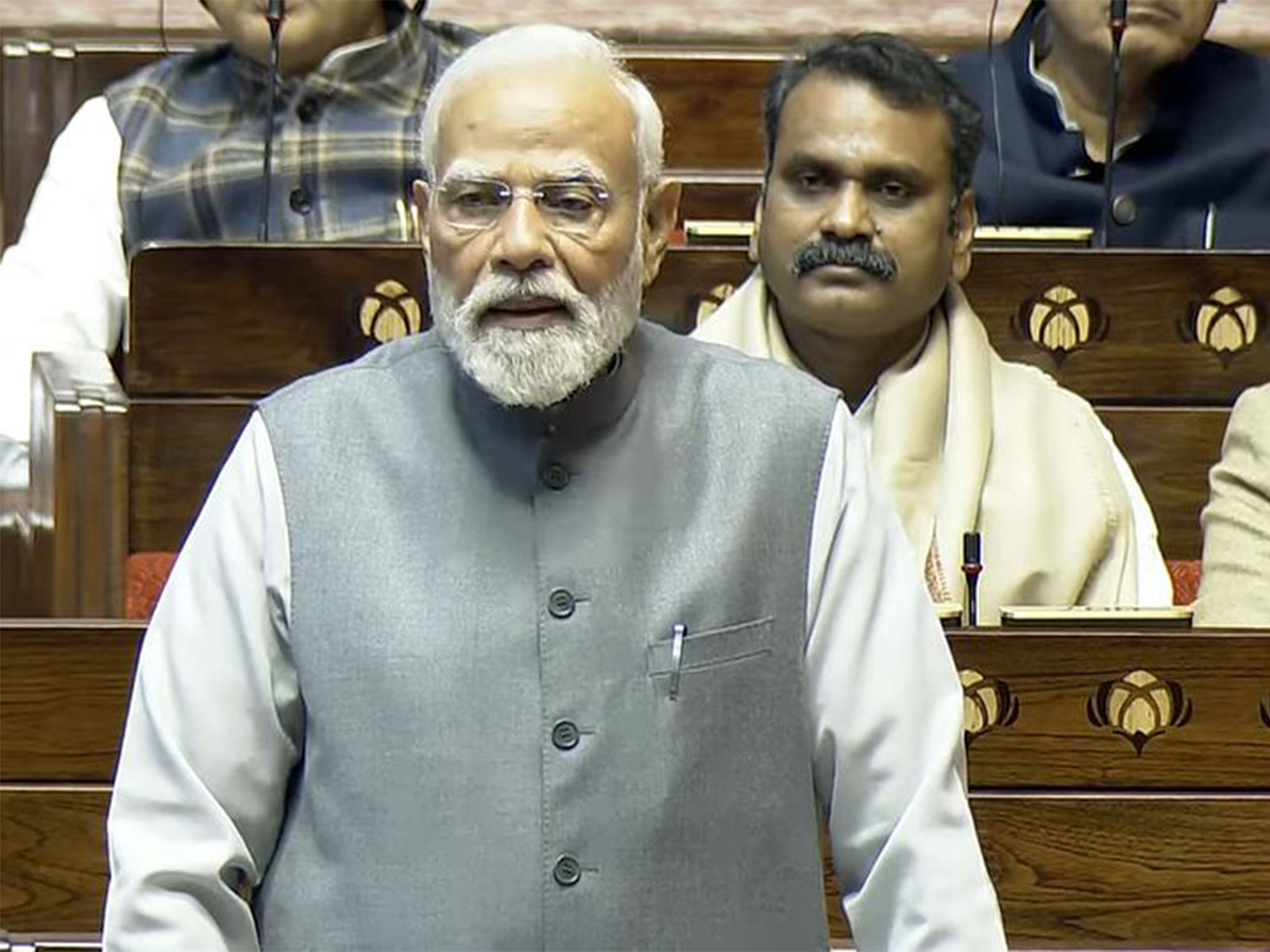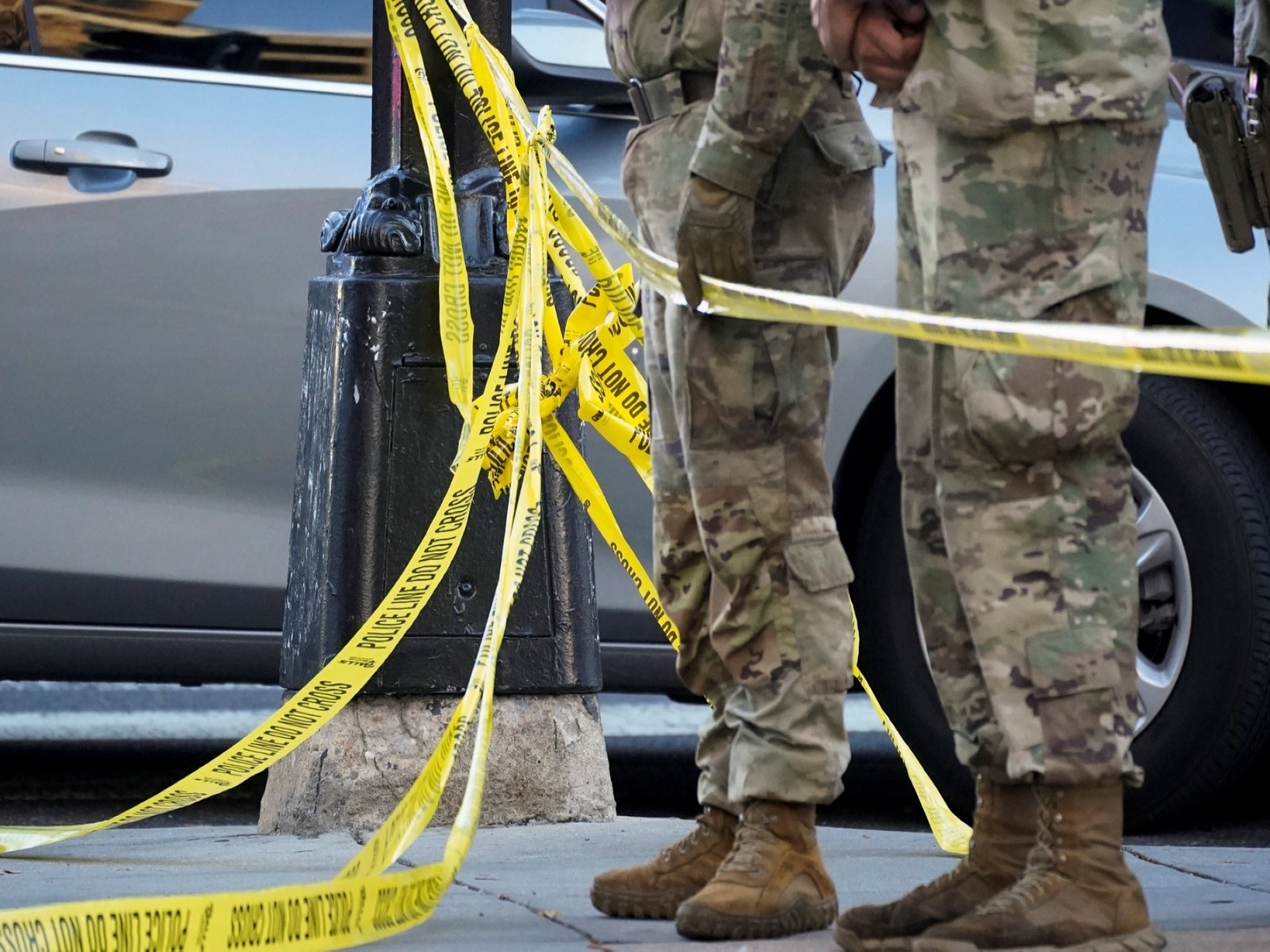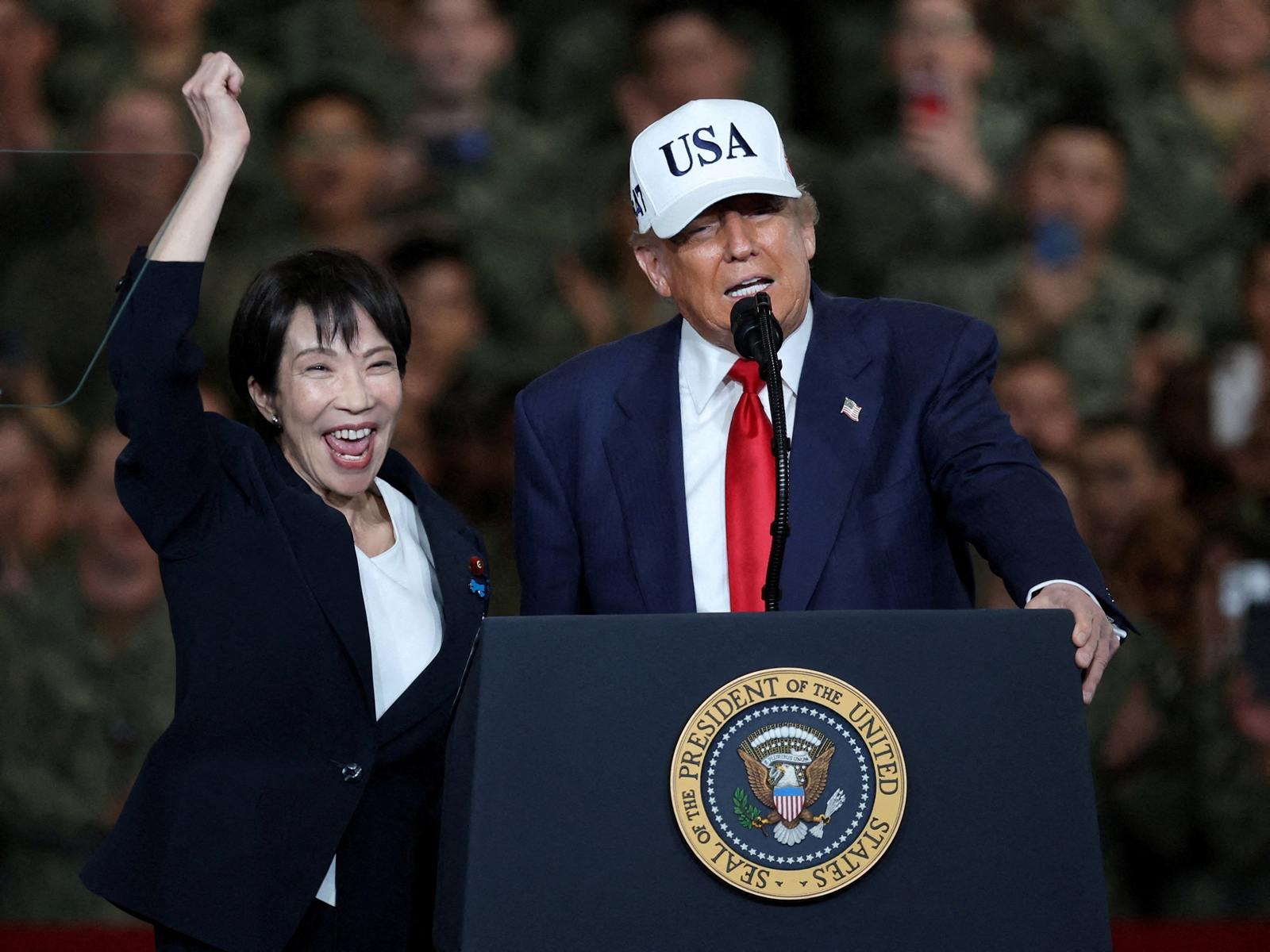
Elections are not just about politicians. They are about people and issues. And what really drives their vote.
Catch is, therefore, starting a 'Meet the Voter' series to capture what different impact groups in the poll-bound states are feeling. This is true insight into the upcoming assembly elections: up-close and hyper-personal.
Ranbir Tamang coaches football in Kalimpong. He also works as a local contractor in small villages in the Darjeeling hills.
Now a father of two, Ranbir has had one dream since his childhood - to see the formation of a separate state of Gorkhaland for the Gorkhalis. "When I was in school, India had 22 states. Now there are 29 states, yet there is no state for us," he says.
"We are a very misunderstood community. We do not want the bifurcation of West Bengal, we just want to see a separate state for our people. It could be here or anywhere in the country."
The appeal for Gorkhaland has seen no support from the major political parties in the country. "All the major parties have let us down. Whether it is the Congress, the BJP, the Left parties or the TMC, no one has given us support in our fight. We elected a BJP MP in the Darjeeling hills because he promised us Gorkhaland, but SS Ahluwalia has disappointed us," Ranbir says.
The Gorkha Janmukti Morcha has a notorious reputation in the hills, but Ranbir says: "The GJM may not have the most intellectuals, and has resorted to violence and vandalism in the past. I understand why one would support the TMC at a state level - to get work done in the hills - , but our fight is for separate statehood. GJM is the only party that hasn't given up on the appeal for Gorkhaland.
"What people don't understand is that it is not just a sentimental demand; there are genuine problems. We don't speak Bengali. People in the hills read and write in Nepali, which is a recommended language in the Constitution of India. Children in schools also study in Nepali because that is the only dominant language in the hills. But when applying for state government entrances and civil services, one can't opt for Nepali. Bengali is compulsory.
"People call us Nepalis. Yes, we are Nepalis, but we are not from Nepal. We are Nepalis from India. And we would also like to be considered a part of India."
First published: 15 April 2016, 21:03 IST


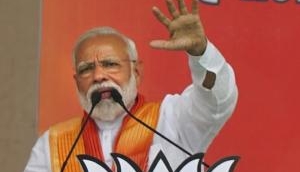
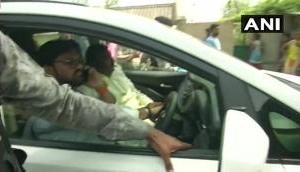
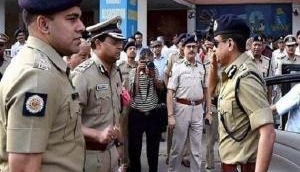
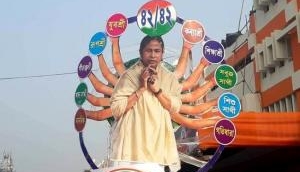
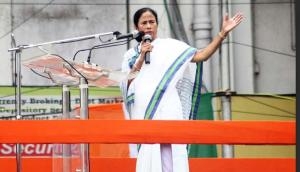
![BJP's Kapil Mishra recreates Shankar Mahadevan’s ‘Breathless’ song to highlight Delhi pollution [WATCH] BJP's Kapil Mishra recreates Shankar Mahadevan’s ‘Breathless’ song to highlight Delhi pollution [WATCH]](https://images.catchnews.com/upload/2022/11/03/kapil-mishra_240884_300x172.png)

![Anupam Kher shares pictures of his toned body on 67th birthday [MUST SEE] Anupam Kher shares pictures of his toned body on 67th birthday [MUST SEE]](https://images.catchnews.com/upload/2022/03/07/Anupam_kher_231145_300x172.jpg)




